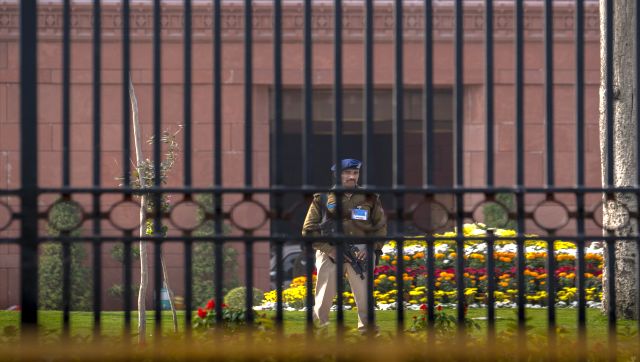DSCI Assessment Frameworks for Security and Privacy have been released at the 7th NASSCOM – DSCI Annual Information Security Summit, organised by NASSCOM Data Security Council of India (DSCI).
The frameworks have been developed to assess the maturity of practices deployed by organisations in security and privacy and are primarily based on the DSCI Security Framework (DSF) and DSCI Privacy Framework (DPF). These frameworks are intended to be used as tools for providing assurance to clients, consumers and regulators for data protection. The frameworks were released by N Chandrasekeran, Chairman, NASSCOM and CEO, TCS.
The 2-day Annual Information Security Summit had over 350 participants from government, industry, solution providers and user community, from India and abroad. It provided the platform for addressing the current security challenges, trends in the security, broad subjects including National Security, Cyber Crimes and Cyber Security. In particular, the following industry segments and technology areas were addressed: IT and BPO, Critical infrastructure, Banking and Finance, e-Commerce and m-Commerce, Operational Technologies- SCADA & Industrial Controls, Cloud computing, Big Data, Social Computing, Advanced Persistent Threats & New Generation Network Security Capabilities. The user-provider-interaction feature of the Summit added to the growing awareness on security solutions available and prevalent in the country, while reinforcing the motto of the Summit – India Meets for Security.
N Chandrasekaran in his inaugural address emphasised the growing importance of information security and privacy, given the increased use of technology and automation in all spheres of life. He also appreciated the efforts of DSCI in sensitising the industry on contemporary security and privacy issues and for working closely with the government on the policy and legal issues.
Highlighting the future strategy of DSCI, Dr. Kamlesh Bajaj, CEO, DSCI said “DSCI has now expanded into cyber security, privacy protection areas in full steam. And have taken first steps in the areas of Internet governance, cyber diplomacy, and telecom matters through ITU and ITRs in so far as they relate to cyber security and the Internet. Social media has its own security issues, which are having a greater impact on national security. Freedom of speech and content regulation are the other dimensions of cyber security. There are thin lines of demarcation among many of these. DSCI and NASSCOM have to be there.”
The summit featured various sessions and roundtables that provided guidance on contemporary and evolving approaches to the security challenges faced by different industry verticals. It provided a platform to discuss broader subjects like Cyber Diplomacy, Cyber Crimes, Business Responsibility in Information Age. The summit also celebrated the success of women in the field of security through a special session that was chaired by Latha Reddy, Deputy National Security Advisor (Dy. NSA). Another interesting session ‘Security as a Career’ deliberated on the facts and perspectives of contemporary discussions on adequacy of skills for cyber security.


)




)
)
)
)
)
)
)
)